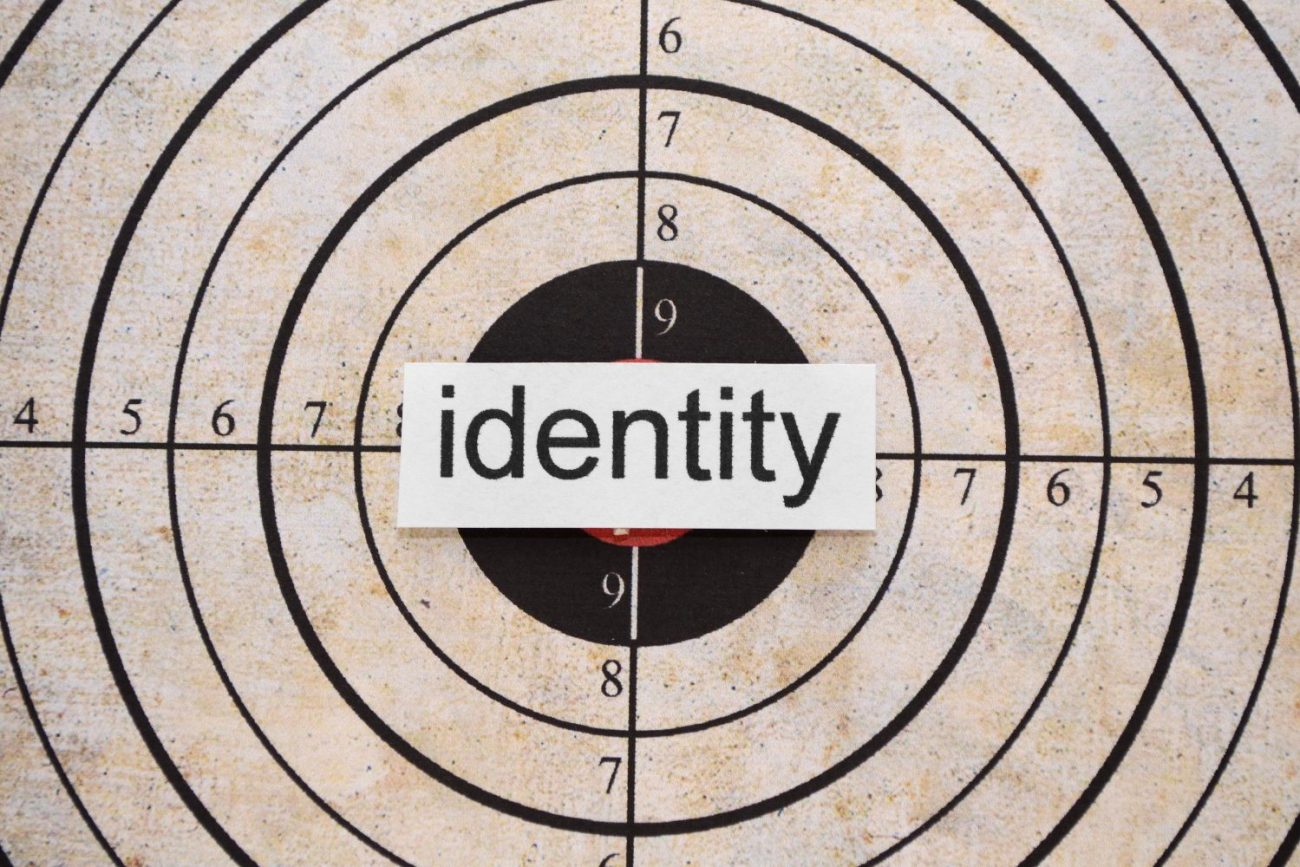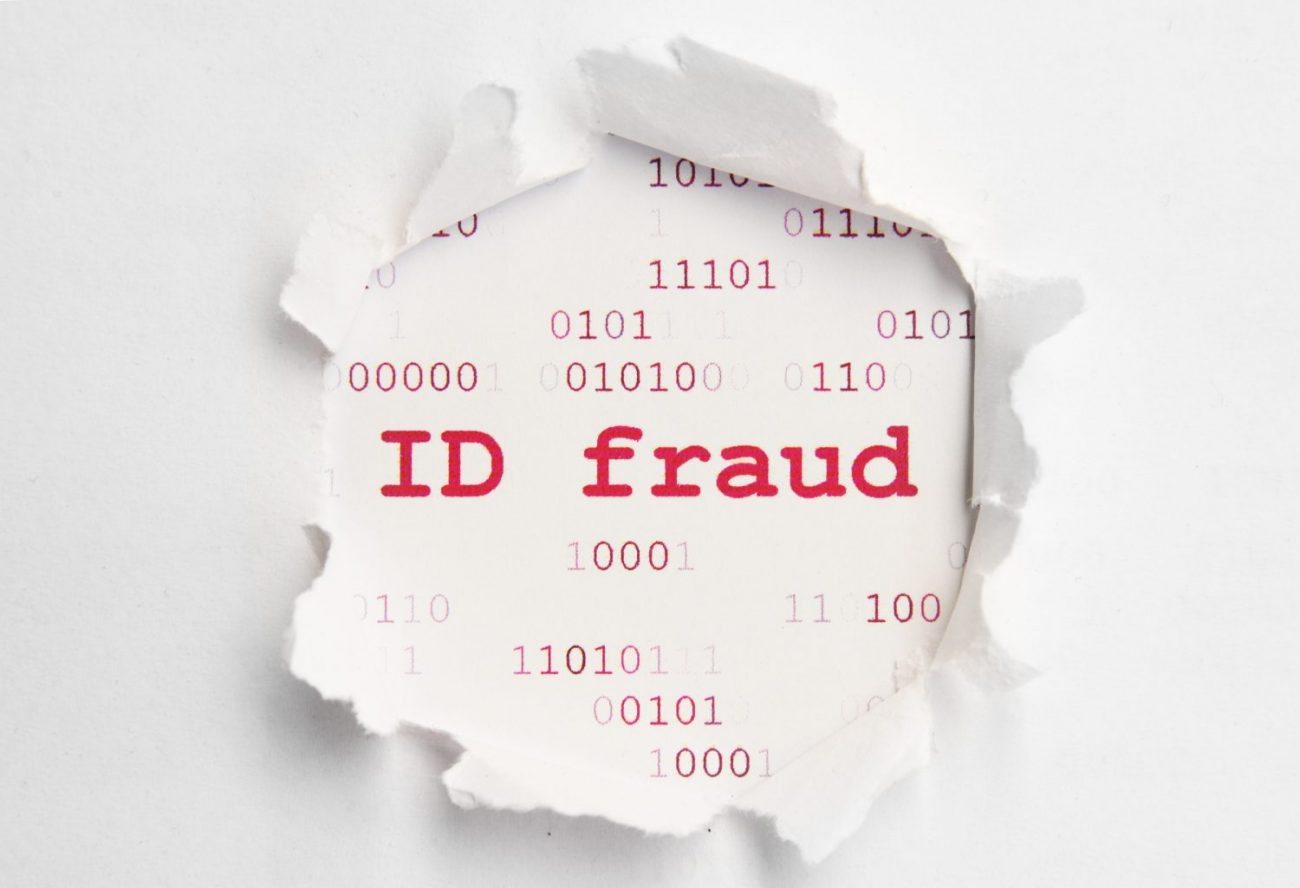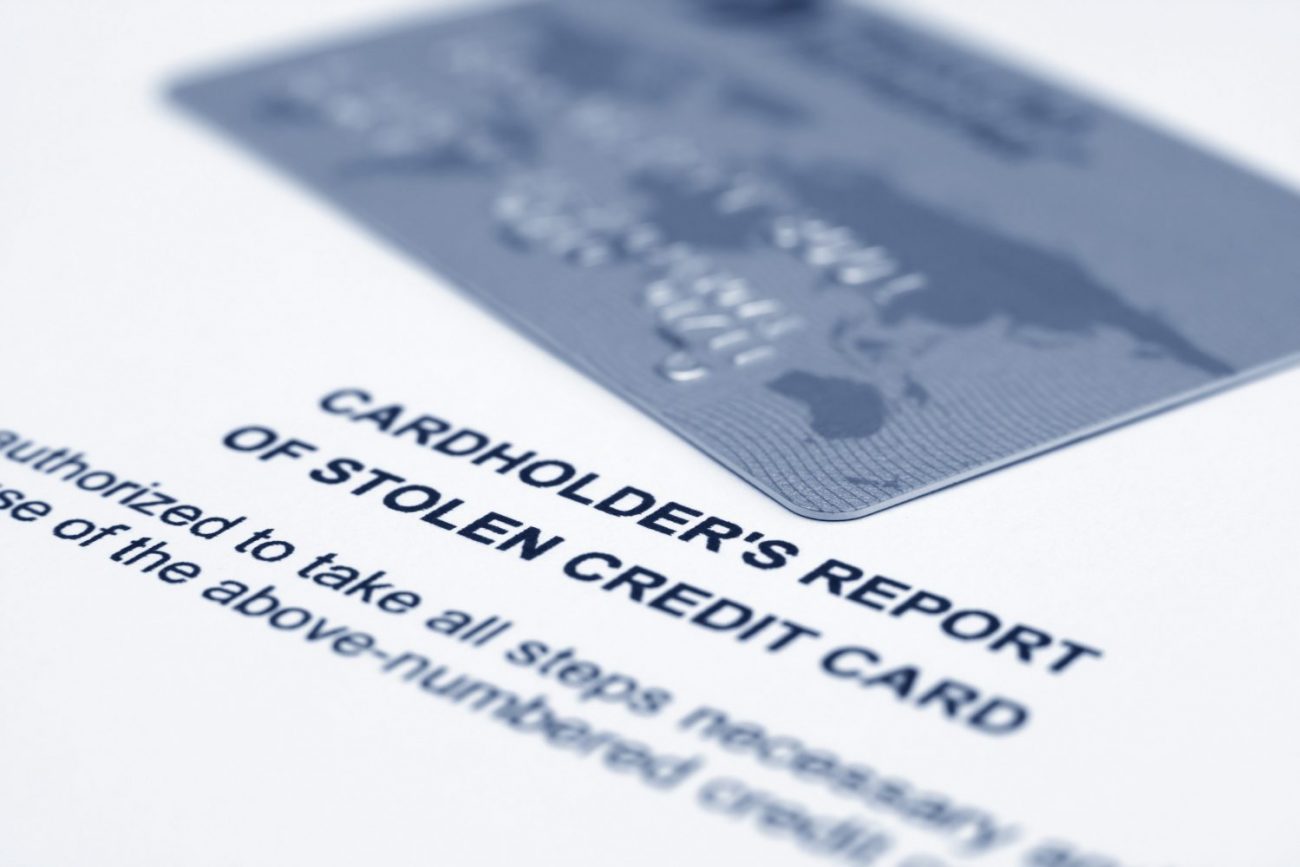
We’ve heard a lot about ransomware attacks where the perpetrator makes it abundantly clear that they have infiltrated your system. They’re almost bragging about it while they collect their ransoms. But, there is are plenty of silent data breaches that take place every day that rely on never being noticed. The silent cyberattack, more often than not, leads to identity theft. Identity thefts are one of the leading types of cyberattacks, and we are all vulnerable.
Victims of identity theft

Protect your data and avoid identity theft.
Identity theft, or identity fraud, claim many victims every day. 2017 saw over 16.5 million victims of identity theft, including 1 million children. It is estimated that there is a new victim of identity theft every 2 seconds. With every data breach, there are multiple victims of identity theft. In many cases, it can take the victims up to 3 months before they realize that their identity and data has been compromised. Identity theft has cost victims hundreds of millions of dollars a year.
Preventing identity theft
Hackers and cybercriminals rely on our laziness to get away with data breaches and identity theft. When you realize that your identity has been stolen, the damage is done, and the perps have moved on to new victims. Three months is plenty of time to do a lot of damage to your credit, accounts, and livelihood. The more vigilant you can be in checking your online activity, the more likely you are of cutting off the thieves before they get started.
Prevention tactics
- Change your passwords often. Get a password manager to help you organize, store, and secure hard to decipher passwords for all sites that you frequent.
- Keep personal information that is vital to your identity off of social media. Social media is not your friend; they will share your information far and wide to turn a profit. Facebook has repeatedly compromised private data. One way to prevent this is not to put any private data on social media.

Check your credit card and banking activity frequently to prevent identity fraud.
- Check all privacy settings on all apps and social media platforms that you frequent.
- Check your bank accounts and banking activity frequently, making sure you don’t miss any odd activity, purchases, or new lines of credit set up in your name.
- Report any suspicious activity to your bank or credit card lender
Talk to a cybersecurity expert at OnePointSync to protect your data.



